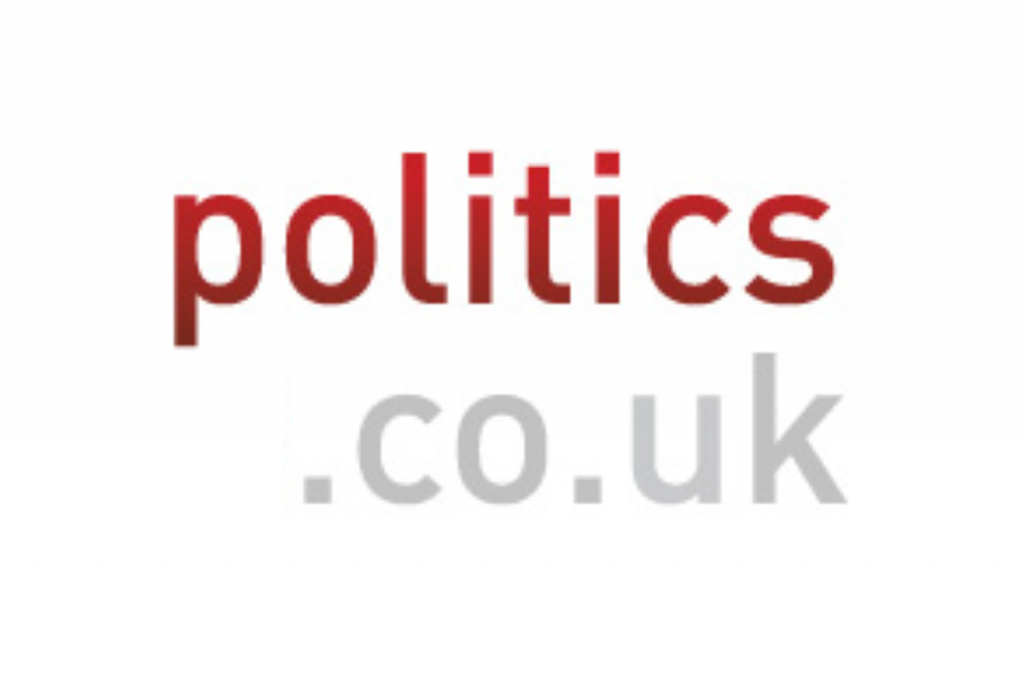Red tape cuts for NHS
In a move designed to reduce red tape in the NHS, the Government has announced that it will be scrapping or reducing central data collection in the health service.
It estimates that the move could save £7.6 million – with a significant proportion of the savings reproduced every year.
A total of 61 central data collections will either be cut or reduced, which the Government claims will mean that the data collection burden on the NHS will have been reduced by a quarter since April 2003.
Cuts include a reduction in the frequency of workforce data collation to once a year and Foundation Hospitals will no longer be required to collect local estates data – such as car parking or laundry services.


Announcing the changes, Health Minister Lord Warner said data collection was important, but: “Some information that trusts are being asked to provide to the centre is being collected too frequently or being duplicated, while some of the information relates to local issues which the department does not need to monitor.
“I want to ensure that the burden of collecting such information is kept to the minimum, freeing up time for the NHS locally to focus on patient care, rather than filling in forms and ticking boxes.
“The cuts I’m announcing today will free up the equivalent of about 150 people at the local level for other NHS work.
“Reduced numbers of arm’s-length bodies, lighter touch and better co-ordinated inspection, less data collection and fewer targets – these are all part of our policy of cutting NHS bureaucracy.”
Chief executive of the government body the Healthcare Commission, Anna Walker, said: “Lord Warner’s announcement is a welcome move in cutting the level of demands for information on the NHS.” She added: “By using data more intelligently we can develop a more informed picture whilst reducing the number of visits and demands for information on the NHS. In future, we want to be measuring what matters to patients, providers and clinicians.”
The news was also welcomed by the NHS Confederation, which represents NHS hospitals and trusts. Its chief executive, Dr Gill Morgan, said: “We are delighted with these measures, which will be welcomed across the NHS. We have long called for a reduction in central reporting requirements and these measures will free time and resources to focus on improvements in patient care.”
Sue Slipman of the Foundation Trust Network though added a caveat to the welcomes, saying: “However, just six months into their existence, foundation trusts have already been besieged by information requests from a variety of sources. While 48 existing demands have been removed, a further 58 remain, and we are concerned that these could soon start to mount up.”

